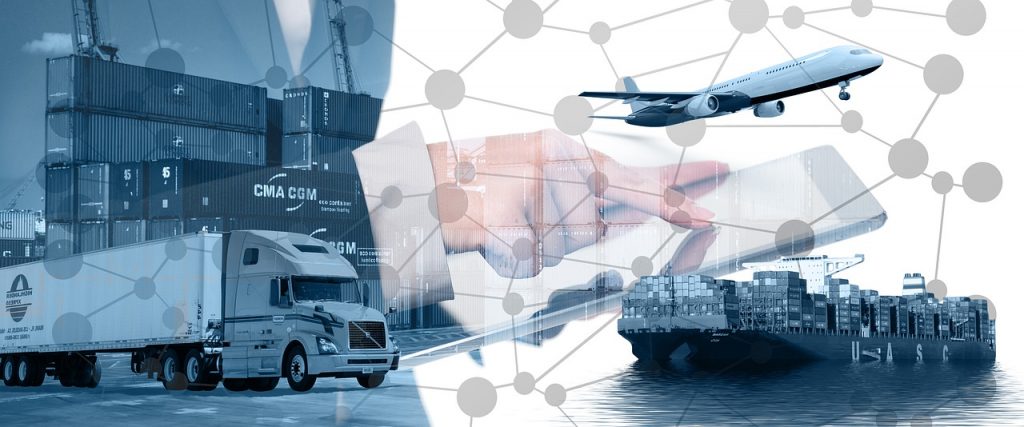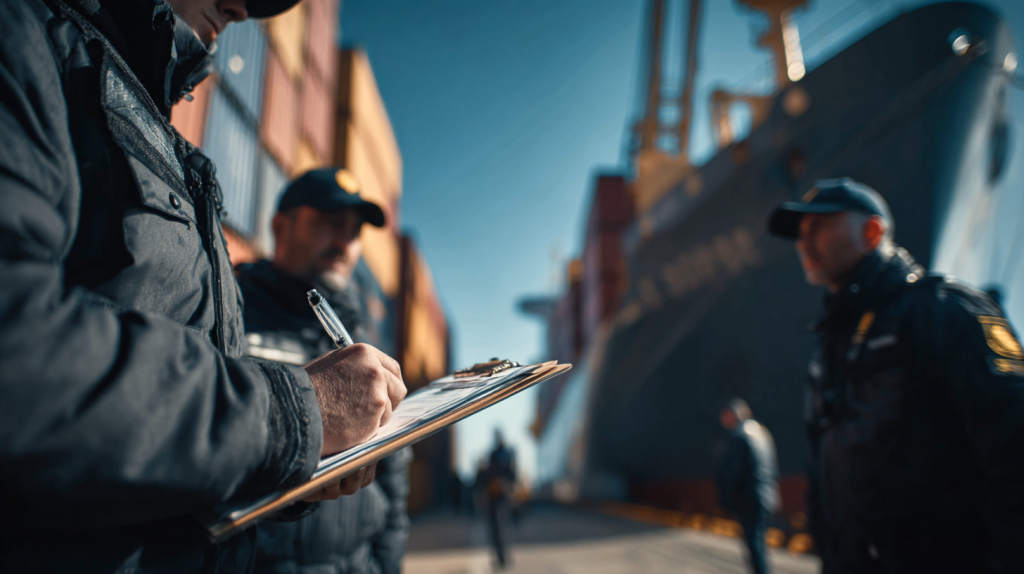How to Choose the Best Freight Forwarder to Optimize Costs and Timelines
In today’s globalized and highly competitive market, knowing how to choose the best freight forwarder has become a strategic decision for businesses aiming to optimize their logistics processes. It’s not just about cutting costs—it’s about ensuring efficiency, compliance, and risk management across the entire supply chain.
Why It’s Critical to Know How to Choose the Best Freight Forwarder
A freight forwarder is much more than just an intermediary. They’re a strategic partner who can help you boost competitiveness—or, if poorly chosen, put your entire operation at risk. Picking the right one means having someone by your side who understands your needs, manages timelines precisely, provides full visibility, and anticipates any potential logistics snags.
If you’ve ever dealt with unexplained delays, hidden costs, or poorly handled logistics paperwork, you already know how important it is to make this choice with a solid foundation. Knowing how to choose the best freight forwarder goes beyond simply comparing prices—it’s about assessing the reliability and responsiveness of the provider.
Key Criteria for Choosing the Best Freight Forwarder
Here are some essential factors to consider when selecting the best freight forwarder for your business:
1. Proven experience with your cargo type and routes
Not all forwarders handle every product or market with the same efficiency. Make sure the forwarder has experience with your type of cargo—whether it’s general goods, hazardous materials, perishables, oversized items, etc.—and with the origin and destination countries you work with. A track record in similar situations is a key indicator of reliability.
2. Global network and local coverage
A great freight forwarder has a robust network of strategic partners, including carriers, logistics operators, customs brokers, and warehouses in key locations. This network is crucial for resolving contingencies quickly, offering competitive rates, and maintaining control at every step.
3. Transparency and continuous communication
Part of knowing how to choose the best freight forwarder involves evaluating their communication style. Do they provide proactive updates? Are they clear and frequent with their information? Do they respond promptly to questions and unexpected issues? Transparency and open communication are essential for building trust.
4. Risk management capability
Great logistics isn’t just about speed—it’s about resilience. The best freight forwarder doesn’t just plan; they foresee and respond. Ask if they have protocols for events like port delays, customs inspections, strikes, or route closures. Their ability to act during crises can save you major losses.
5. Use of technology and traceability
Today, technology makes all the difference. Tracking platforms, automated alerts, digital documentation, and performance analysis are key tools. Check whether the forwarder offers real-time visibility and digital solutions that make your operations easier.
6. Reputation and references
Look into what other clients have to say. References, success stories, and testimonials are strong indicators of how a freight forwarder truly operates. You can also verify whether they’re members of recognized logistics associations or hold quality certifications.
Beyond Cost: Building a Relationship Based on Trust
When you understand how to choose the best freight forwarder, you also realize this decision shouldn’t be based solely on the lowest price. Cheap solutions can end up costing you much more if the service doesn’t deliver. Focus on building a long-term relationship based on trust, collaboration, and continuous improvement.
A good forwarder listens to your needs, tailors solutions to your processes, and grows with you. In fact, many successful companies see their freight forwarder not as an external vendor, but as an extension of their logistics team.
Final Thoughts
Knowing how to choose the best freight forwarder is a strategic skill for any business that wants to operate efficiently, securely, and profitably. By weighing factors like experience, network strength, communication, technology, and reputation, you can make more informed and confident decisions.
Remember: the best choice isn’t just about cost—it’s about trust. And that trust is built on data, results, and a shared vision of logistics success.



